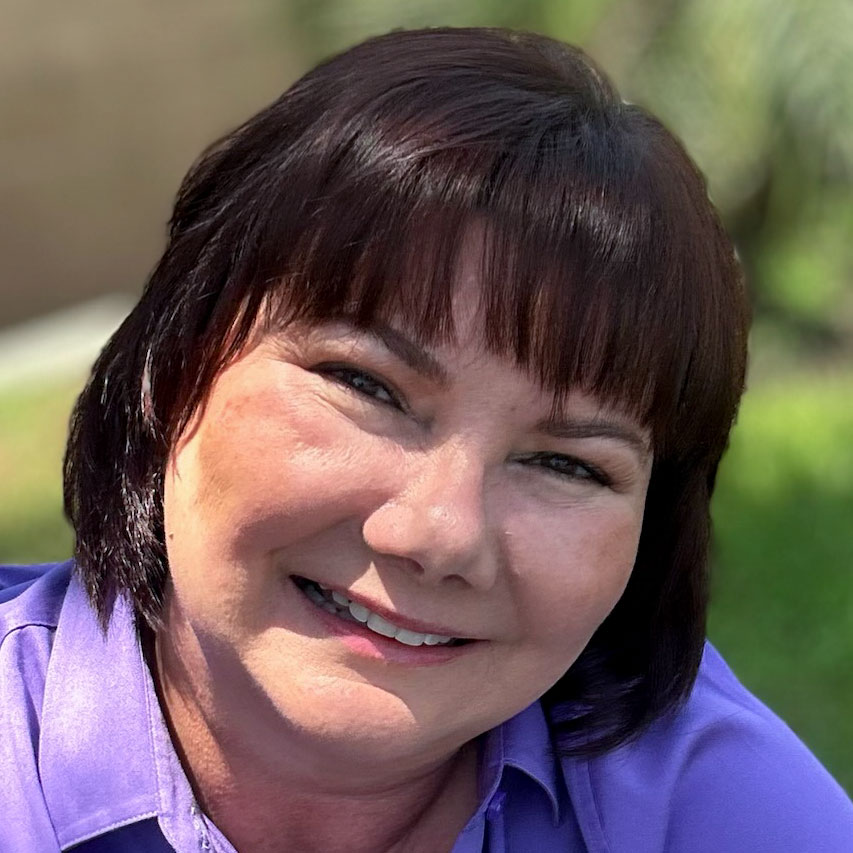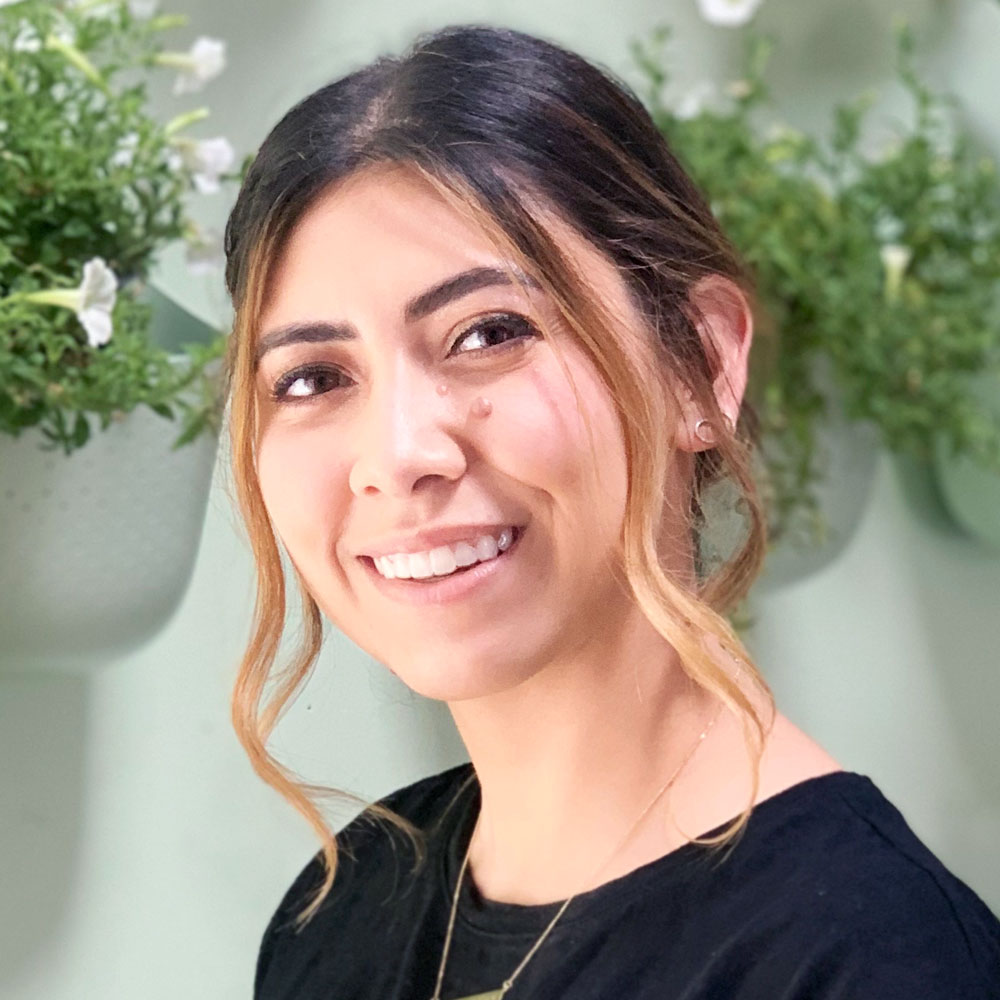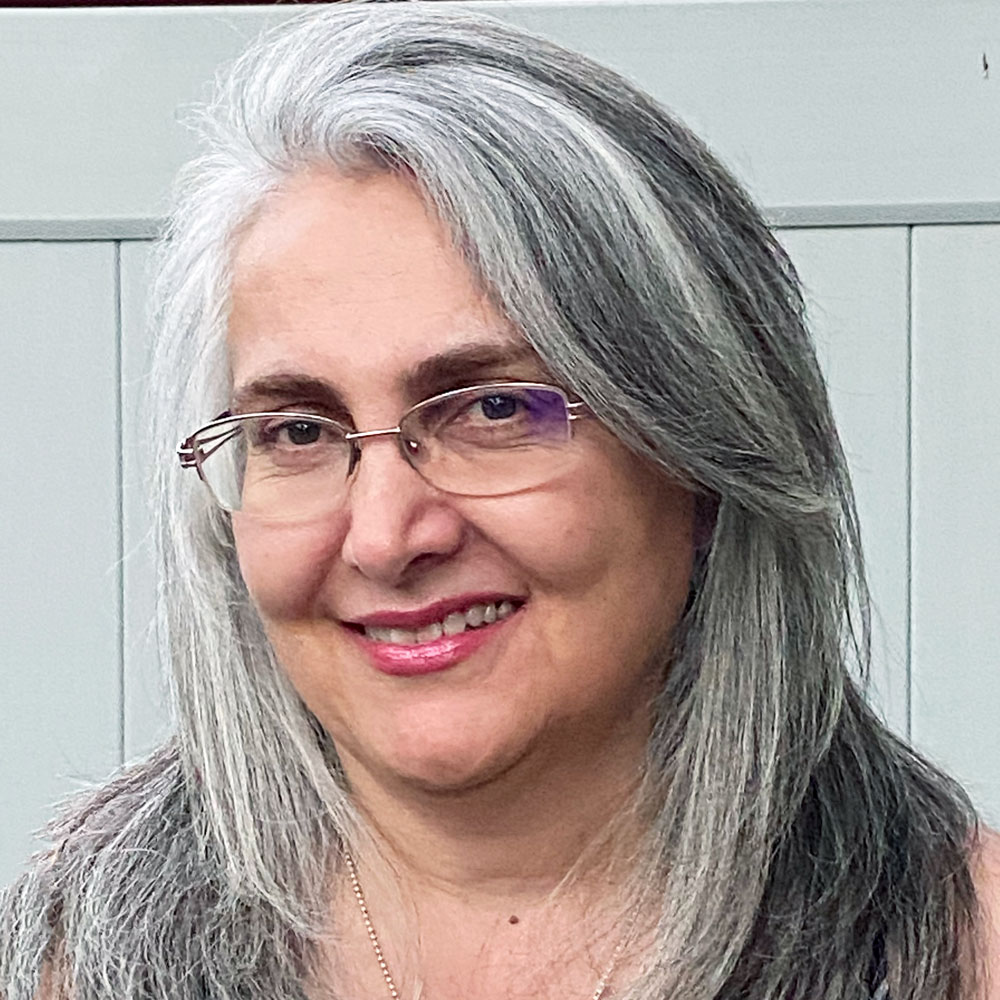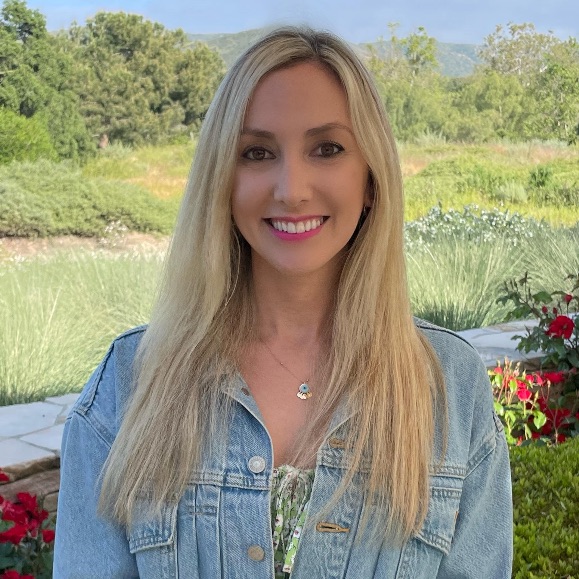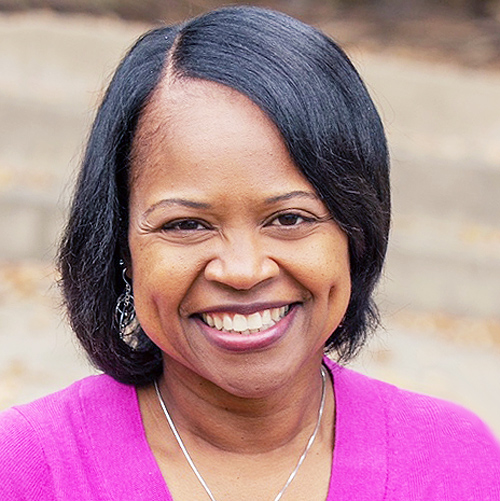Why Local Care Matters for Anxiety
Finding anxiety therapy in San Francisco can make care more accessible, consistent, and tailored to your daily reality. Local therapists understand stressors like crowded commutes, fast-paced workplaces, and housing pressures, which can trigger worry or panic. MiResource’s directory lets you quickly filter by
insurance
, availability, and therapy type so you can schedule nearby sessions that fit your life.
When searching for anxiety care, consider approaches like CBT or exposure-based therapies that address panic attacks, avoidance, and rumination—ideally with a clinician who knows the context of living in San Francisco. MiResource helps you refine by evening or weekend openings, telehealth options, and cultural or language preferences to find a strong personal fit. Local matches often improve follow-through and outcomes, and MiResource makes it simple to connect with the right provider in San Francisco.
Local Options and Community Programs
Managing anxiety is easier with nearby support you can access quickly. San Francisco offers crisis lines, public behavioral health services, peer-led groups, and clinics with low-cost or insurance-based care. Local programs can help with therapy, medication management, skills groups, and practical resources. Many services are available 24/7 or offer same-week appointments.
- Crisis Support
Public Programs
Nonprofits & Support Groups
Universities & Health Systems
Community Clinics (FQHCs / Sliding-Scale)
The Advantages of Seeing a San Francisco-Based Therapist
Working with a San Francisco-based therapist for anxiety means you’re meeting someone fluent in the city’s rhythms—from the packed Embarcadero during commute hours to the quieter stretches of Golden Gate Park or Ocean Beach that can support grounding practices. Local clinicians understand neighborhood nuances: the fast pace of SoMa and FiDi, the nightlife buzz in the Mission, the foggy calm of the Outer Sunset and Richmond, and the community feel in Noe Valley, the Castro, and Bernal Heights. They can also connect you to city programs and resources like Mental Health SF, SF Behavioral Health Services, NAMI San Francisco groups, and support at the SF LGBT Center or community clinics in Chinatown and the Tenderloin.
In-person care is highly accessible here: reach sessions via Muni Metro lines like N Judah or J Church, BART stops at Powell, Montgomery, and Civic Center, or Caltrain at 4th & King—often a shorter, lower-stress trip than crossing the Bay. Therapists can advise on timing around game days near Oracle Park, parking options in Pacific Heights or North Beach, and even suggest walking-friendly appointments near landmarks like Crissy Field, the Ferry Building, or Dolores Park. Being local also makes it easier to plug into peer groups at neighborhood libraries, park meetups, and wellness workshops, building a supportive network that complements therapy and fits the way San Franciscans live.
Holistic Approach to Mental Health in San Francisco
Holistic care means tending to your mind, body, and environment together—pairing therapy with practices that calm the nervous system and support daily routines. In San Francisco, that can look like pairing counseling with classes at San Francisco Zen Center (Hayes Valley), integrative care at the UCSF Osher Center (Inner Sunset), or gentle movement at Yoga Garden SF (NoPa) or Haum (Mission/Lower Haight). Recharging in green spaces like Golden Gate Park, the Presidio, Crissy Field, or Lands End can ease anxiety, too, especially when combined with mindful walking or breathing. MiResource helps you match with providers who value this whole-person approach.
Across neighborhoods—from the Mission and SOMA to Richmond and the Marina—locals weave in community wellness: tai chi in Portsmouth Square, quiet time at the de Young or Asian Art Museum, or a Ferry Plaza Farmers Market stroll to reset the senses. Many wellness clinics and mindfulness centers offer workshops that complement therapy, while parks like Dolores and Bernal Heights provide accessible nature breaks. MiResource connects you to therapists, integrative clinics, and nearby classes or groups that fit your lifestyle and culture, so your San Francisco care plan goes beyond the office and into your daily life.
What Anxiety Means
Anxiety
is a feeling of worry, fear, or unease that can show up in your body and thoughts, sometimes even when there’s no clear danger. It can make everyday tasks in San Francisco—like work, school, commuting, or social plans—feel overwhelming, but support is available and you’re not alone.
About the Experience of Anxiety
Anxiety is a common mental health condition that can feel like constant worry, nervousness, or a racing mind. You might notice signs like trouble sleeping, tightness in your chest, restlessness, irritability, or difficulty concentrating. These feelings can make everyday routines—like commuting, working, studying, or meeting friends in San Francisco—feel overwhelming or exhausting. You’re not alone, and support is available to help you feel calmer and more in control.
How Therapy Makes a Difference
Evidence-based treatments like cognitive behavioral therapy (
CBT
) and
exposure therapy
are proven to reduce worry,
panic
, and avoidance by reshaping unhelpful thoughts and gradually facing fears. Acceptance and Commitment Therapy (ACT) builds psychological flexibility and values-based action, while mindfulness-based approaches lower physiological arousal and improve emotional regulation. With Anxiety therapy in San Francisco, you can expect a collaborative plan with clear goals, skills you can practice between sessions, and measurable progress. Many clients report better sleep, stronger relationships, and renewed confidence as anxiety symptoms steadily recede.
Inside the Therapy Process
In San Francisco, your first session for anxiety typically focuses on sharing your story, clarifying goals, and discussing what’s worked or not, all at a pace that feels comfortable. Together, you and your therapist create a personalized plan that may include evidence-based approaches like cognitive behavioral therapy (CBT), exposure therapy, mindfulness-based strategies, or acceptance and commitment therapy (ACT). Ongoing sessions build skills for managing worry, reducing avoidance, and improving daily functioning, with regular check-ins to adjust the plan as your needs evolve. Collaboration is central—your feedback guides the process, and many clinicians offer flexible, culturally responsive care and telehealth to meet you where you are.
Answers to Your Questions About Anxiety
1. How do I know when it’s time to seek help for Anxiety?
If worry feels constant or you’re on edge most days—with racing thoughts, a tight chest, trouble sleeping, or sudden panic—it may be time to reach out. When anxiety makes it hard to focus at work or school, enjoy time with friends, or you start avoiding certain places or Muni rides around San Francisco, support can help. Notice if you’re relying on caffeine, alcohol, or late-night scrolling to cope, or if fear feels bigger than the situation. Therapy can offer tools to feel steadier and reclaim your days; asking for help is a strong, hopeful first step, and care is available here in San Francisco.
2. What if I don’t feel comfortable with my first Anxiety therapist in San Francisco?
It’s completely normal if your first Anxiety therapist in San Francisco doesn’t feel like the right fit—many people try a few before finding someone who clicks. The therapeutic relationship matters because feeling safe and understood helps you open up and make progress. Don’t feel guilty about switching; you’re advocating for your well-being. MiResource makes it easy to compare therapists, read profiles, and find someone who better matches your needs.
3. How do I explain my Anxiety to friends or family?
It’s your choice whether to share about your anxiety, and you can decide how much to say and when—choose a calm time and a setting in San Francisco that feels safe to you. You might use simple “I” statements, like “I’m dealing with anxiety and it can feel like overwhelm; I’d appreciate your understanding.” Set clear boundaries up front—try phrases like “I’m not looking for advice right now, just listening,” or “I’m comfortable sharing this, but not details.” You can ask for specific support (checking in, flexible plans) and let them know you may pause the conversation if it becomes uncomfortable.
4. Who can diagnose Anxiety in San Francisco?
In San Francisco, psychiatrists, psychologists, licensed therapists, and sometimes primary care doctors can diagnose anxiety. The process usually includes discussing your symptoms, using screening tools, and ruling out other causes to create the right care plan. MiResource lists only qualified, licensed providers in San Francisco who can make accurate diagnoses and guide you to appropriate treatment.
5. What causes Anxiety?
Anxiety has many causes that can overlap, including biological factors (like brain chemistry and genetics), psychological factors (such as stress patterns or past experiences), and social or environmental influences. It looks different for each person, and living in a busy place like San Francisco—with its fast pace, cost of living, and constant change—can add to stress for some. Feeling anxious is not a personal failing, and there’s nothing to be ashamed of. If you’re concerned, it’s okay to reach out for support and talk with a professional or trusted local resource.
6. What are the biggest misconceptions about Anxiety?
Many people think anxiety is “just a phase” or a personality quirk, but it’s a real, treatable health condition that affects how the brain and body handle stress. It’s also not a sign of weakness—seeking help takes strength and can significantly improve daily life. Another myth is that you can simply “snap out of it”; effective support often involves therapy, skills, and sometimes medication. If anxiety is getting in your way, it’s okay to reach out—San Francisco has compassionate professionals and resources ready to help without judgment.




